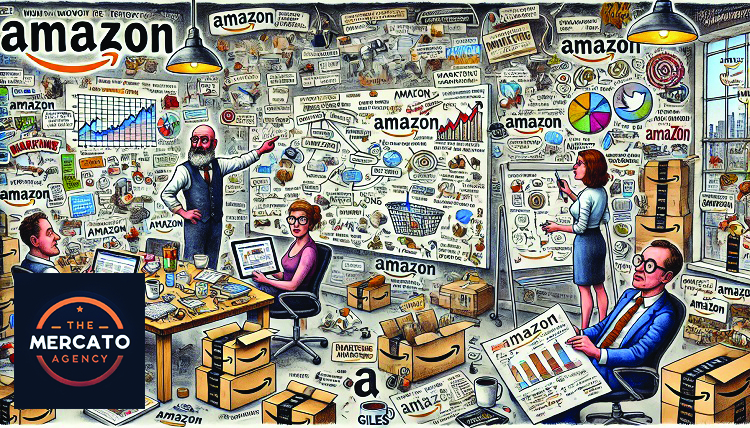Expanding Sales to Amazon’s International Marketplaces: Navigating Logistics, Taxes, and Regulations
Expanding your business to Amazon’s international marketplaces offers a golden opportunity to tap into new customer bases and significantly boost your sales volume. However, the journey from domestic success to global e-commerce involves complex logistics, tax obligations, and regulatory compliance. This article will guide you through these challenges, ensuring a smooth transition to selling internationally on Amazon.
Understanding Amazon’s Global Reach
Amazon operates marketplaces in over a dozen countries, including the United States, Canada, Mexico, Germany, the United Kingdom, France, Italy, Spain, Japan, and Australia, among others. Each marketplace has its own unique customer base, preferences, and selling conditions. Before expanding, it’s crucial to research which markets best fit your product and business model.
Logistics: FBA or FBM?
When selling internationally on Amazon, you have two primary fulfillment options: Fulfillment by Amazon (FBA) and Fulfillment by Merchant (FBM).
- FBA involves sending your inventory to Amazon’s fulfillment centers in the target country. Amazon then handles storage, packing, shipping, customer service, and returns. This option simplifies logistics but comes with specific requirements and fees.
- FBM means you manage storage, shipping, and customer service. While it offers more control over the logistics, it also requires a robust understanding of international shipping practices, costs, and lead times.
Navigating Taxes and VAT
Tax obligations can significantly affect your international selling strategy. In most countries, you’ll need to deal with Value-Added Tax (VAT) or Goods and Services Tax (GST). For example, if you’re selling in European Amazon marketplaces, you’ll need to register for VAT in each country where you hold inventory. It’s vital to consult with a tax professional who specializes in international e-commerce to ensure compliance and optimize your tax strategy.
Complying with International Regulations
Regulatory compliance is another critical aspect of selling internationally. This includes:
- Product Regulations: Ensure your products comply with local laws and standards in each marketplace. This could involve safety standards, labeling requirements, and product certifications.
- Customs and Import Regulations: Understand the customs and importation process for each country, including necessary documentation and duties. Incorrect documentation can lead to delays, fines, or confiscation of your products.
Localizing Your Listings
Successfully selling in international markets requires more than just translating your listings into the local language. Cultural nuances, local slang, and search habits must be considered to truly resonate with the new audience. Moreover, consider localizing your product offerings to match regional tastes and preferences.
Leveraging Amazon’s Tools and Services
Amazon offers several tools and services to assist sellers in going global, including:
- Amazon Global Selling: Provides insights and tools for navigating logistics, taxes, and regulations.
- Amazon Currency Converter for Sellers: Simplifies receiving payments in your home currency.
- Build International Listings (BIL): Helps automate the listing process across multiple marketplaces.
Expanding to Amazon’s international marketplaces is an exciting step that can open up vast new opportunities for your business. However, it requires careful planning and consideration of logistics, taxes, regulations, and local market preferences. By understanding these complexities and leveraging the available tools and services, you can successfully navigate the challenges of international expansion and position your business for global success on Amazon.






